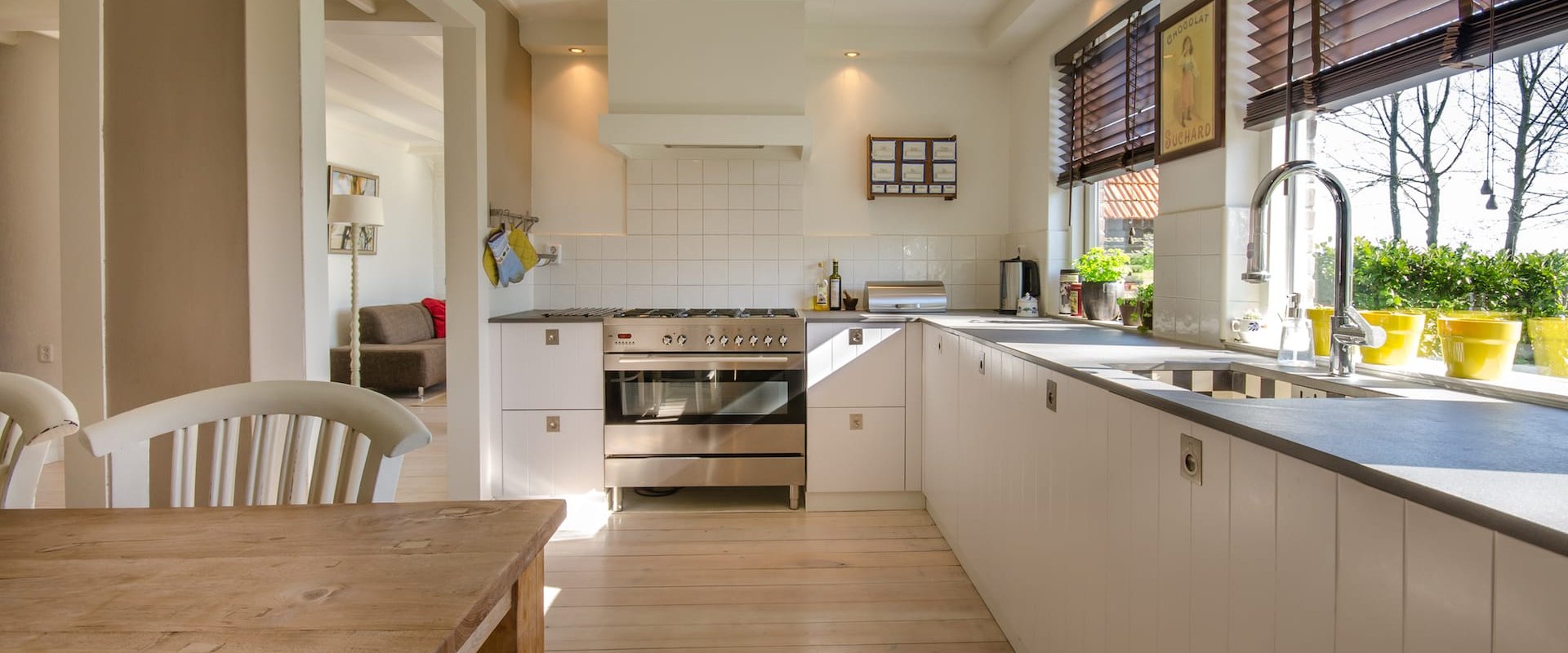FAQs For Buyers
There are many stages to go through from finding a house to closing a deal. You have to get a mortgage loan approval, go through the documentation and contracts, complete the home appraisal process, and a few other steps.
Once a home seller accepts your offer, it takes around 30 days to close the deal. OUr real estate team will provide you guidance through the complete process. Keep between 30 to 45 days in hand, from starting on house searching to walking into your dream project.
Yes, you should if you want the process to be easy and seamless. Buying a home has many legal complexities to it which is generally beyond the understanding of a common person. Any wrong step can lead to future issues with the house.
A realtor is experienced in this field and will educate you about all the options apart from doing all the paperwork and finding a house that matches all your requirements.
As to the fees, oftentimes the seller pays their realtor and then that agent pays your realtor a fee for facilitating the transaction. Other methods of compensation to the real estate agent, can be in seller concessions.
It depends on the type of loan that you are approved for. The national average down payment for all home purchases is around 8.5%. Certain conventional loans require only a 3% down payment. FHA loans from 3.5%.
Veterans availing of VA loans do not have any payment. The same holds for USDA loans for purchasing property in rural areas.
Here at Just Livin’ Realty, our founder Bobby Friel, also has his mortgage broker license and we get the absolute best terms for all our clients
Down payment and lending fees are the two main costs you have to bear while buying a home. Depending on the loan type, most lenders generally charge about 2% to 4% of the loan amount as origination fees. Some conventional loans have lower origination fees but will require more down payment. It is the responsibility of your loan officer to inform you of the loan origination and closing costs.
Pre-qualification is an estimate of the amount of loan that you can borrow. It helps you to know the approximate price range of the house that you can buy and what you should look for. Your realtor will also be guided by the pre-qualification amount on the listings to select for showings.
Pre-approval means the amount of loan that a lender will sanction to you after going through your financial capability. Pre-approval is a closer-to-the-actual-amount loan that you are eligible for.
It all depends on your lender but a credit score of 620 and above is recommended to get a mortgage loan. The higher the score, the better will be the terms of lending. Some lenders might approve a home loan with a credit score of 580 but then, the down payment could be more or the interest rate higher than usual. Discuss with your loan officer who can guide you in this regard.
FAQs For Sellers
This is the most crucial aspect when selling your home. If you price too high you risk your property sitting on the market too long, too low and you do not get adequate return on investment.
Here is how you should go about deciding the asking price.
- Analyze sales in your area and find out how comparable houses of similar size, age, and condition have sold in the neighborhood in the recent past.
- Evaluate the condition of your home as upgrades or repairs and renovations will significantly improve the curb appeal of your home. On the other hand, if your home requires considerable repairs the asking price will be lower than market trends. Be honest in your opinion about the condition of your house.
- Hire a professional appraiser who will make an objective assessment of your house and suggest an asking price.
- Consult with a real estate agent as they have in-depth information about local market data and can give you a good idea of what your home will sell for. They also have good negotiation skills and can get you a higher price.
Yes, small things like fixing a leaking faucet or a fresh coat of paint increase the curb appeal and will lead to an asking price. Focus on the kitchen as that is what most buyers focus on. Invest in deep cleaning and declutter and depersonalize the rooms.
Give buyers an idea of what it will be like to live in the house. If you make the picture attractive to them, they will be willing to shell out more for your home.
There are various expenses of selling your home.
- A real estate agent’s commission is the single biggest cost that you have to bear ranging from 5 to 6 percent. This is split between the seller’s and the buyer’s agents.
- You should carry out repairs and home improvements to make the property more appealing to buyers. These costs will vary depending on the extent of work required.
- While professional home inspection is typically done by the buyers, you should do so to eliminate any nasty surprises that you did not know about. It can affect a sale even at the closing stages.
- You have to pay closing costs such as transfer taxes, attorney fees, and title insurance, totaling about 1 to 3 percent of the sale price.
- A typical seller’s cost is a mortgage payoff if you have an outstanding balance in the mortgage account.
- You will be required to pay capital gains tax on the profit from the sale. This is if your house has significantly appreciated and you have lived in it less than two of the last five years.
Make provision for these costs when you sell your home.
The paperwork needed for selling a house varies as per the state’s specific laws and regulations. However, here are some of the common ones.
- Original sales contract providing details of your home’s purchase. This will be the baseline for the current sale.
- Professional appraisal documents that you should have if you have appraised your house in the past such as for refinance. Generally, appraisals are asked by the buyer’s lender.
- A mortgage statement will show the outstanding in the account and which needs to be cleared during the sale process.
- Property tax records that show the history of property tax payments and the present status of the home.
- Title deed that confirms your ownership of the property and which must be transferred to the buyer after the sale.
- Closing documents are prepared by a real estate attorney that includes all the paperwork required to transfer title to the buyer as well as the final settlement statement.
Keep these documents handy so as not to delay the sale process.
Many variables determine how much time your house will stay on the market. This question is very important for those requiring a quick property sale. Statistically, the present nationwide average DOM (days on the market) is 43 to 61 days. This period stretches from the time of listing to the signing of the contract.
Here are some of the factors that will decide the timeline for finalizing your home sale.
- The state of the local market is critical. When there is a high demand, your house might sell in days or it might take months in a stagnant housing market.
- Setting the right price will help to sell your house faster. Fix a competitive asking price instead of aiming too high.
- Attract online buyers through high-quality photos and virtual tours. Well-maintained and appealingly staged houses sell faster.
- Work out effective marketing strategies and ensure that your home receives a lot of exposure. Hire a real estate agent who will list your property on multiple social media platforms and can move the sale process along at a healthy pace.
- Generally, real estate markets see a rise and are more active in spring and summer when houses sell faster. Aim for this period to sell your house.
- After your offer is accepted by a buyer, the closing process can take 45 days depending on how complex the transaction might turn out to be. This is the time to complete inspections, appraisals, and securing financing by the buyer. This is why all-cash offers by buyers close faster.
Keep approximately 45 days in hand to see your house go off the market.

